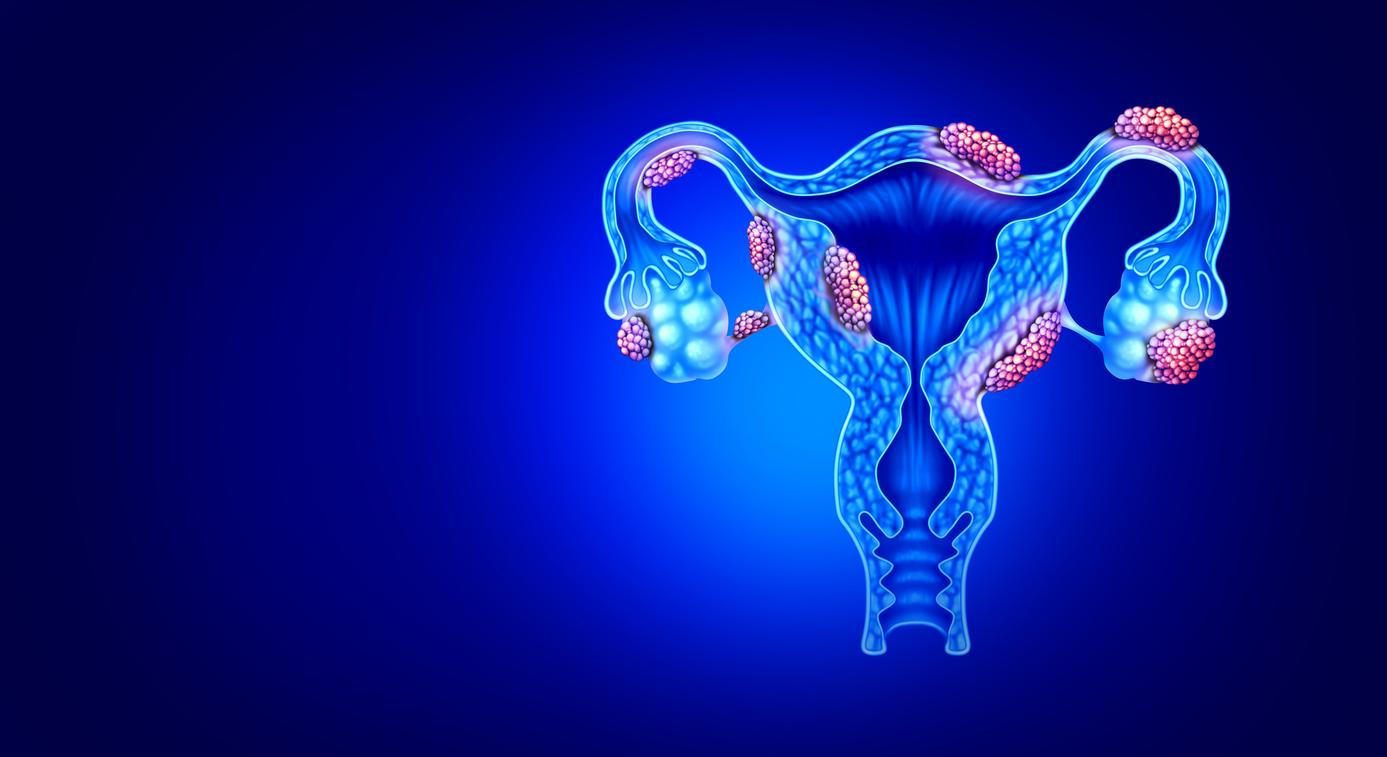Bypass, sleeve gastrectomy, gastric banding: the use of bariatric surgery to fight obesity is increasing all over the world. However, this act can cause significant side effects.

To treat obesity, bariatric surgery is booming, but it is not without risk. Women who have been operated on have more complicated pregnancies than average, with risks for the health of the unborn baby, according to a new study.
Birth defects
The researchers compared more than 14,800 pregnancies of obese women who had undergone surgery with nearly 4 million normal pregnancies. The results showed that babies born after bariatric surgery were 57% more likely to be premature, 29% more likely to have birth defects and 41% more likely to be admitted to a neonatal intensive care unit. In addition, children born after obesity surgery had a 38% higher risk of dying within seven days of birth, and were lighter than the others.
“Our results indicate that women with a history of bariatric surgery, and in particular bypass surgery, are at much higher risk,” says Zainab Akhter, research director. “These women need specific nutritional support prior to conception and pregnancy. Our findings underscore the importance of dietary supplements and monitoring fetal growth and development. Healthcare professionals also need training and orientation to be able to provide the right advice”, she analyzes.
Predominance of operated women
Obesity in France affects 15.8% of men and 15.6% of women. As a result, the rate of recourse to bariatric surgery was multiplied by 2.6 between 2008 and 2014. In 2014, 45,474 patients, including 65.6% suffering from morbid obesity, benefited from bariatric surgery , with a predominance of women operated on at a younger age than men. Bariatric surgery aims to change the way food is absorbed by the digestive system and includes three major operations: gastric bypass, sleeve gastrectomy and gastric banding.
“We don’t know exactly how bariatric surgery can influence fetal development, but we do know that people who undergo it are more likely to have micronutrient deficiencies,” concludes Zainab Akhter.

.
















